The world is in a debt crisis that cannot afford to pay higher interest
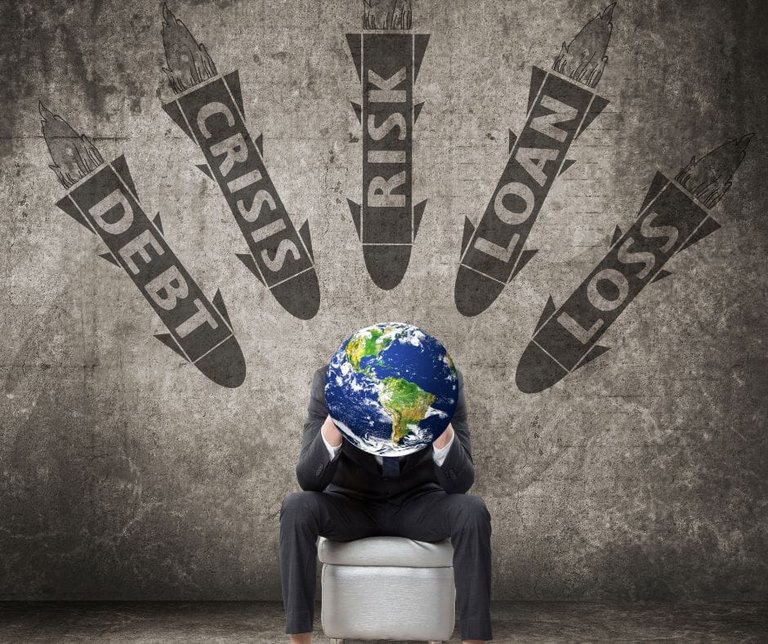
The world is in a debt crisis that cannot afford to pay higher interest
Things don't feel like they're getting better, do they? Summed up by NASDAQ not too long ago: "The world is in a debt crisis that cannot afford to pay higher interest." This statement was made prior to the current inflation issues the world is seeing. Quite simply put, governments around the world ran an experiment and printed the largest amount of money in human history.
World War II is known as the most expensive cost the world has ever seen, lasting six years in today’s value would be over USD4 Trillion. However, the costs incurred by governments worldwide during COVID-19 surpassed those six-year expenses in just about a year. The issue lies in the tactics employed, which have been impacted by the new globalized world. Governments around the world did not all follow the same strategies; in fact, many rolled out multiple different COVID relief strategies.
The US played with zero-interest loans, bought its own treasury bonds and while it all worked at the time and inflation didn't initially spike, it devastated stock prices. Crypto currency was also at its height, with the total market cap reaching US 5.2 trillion. This is a very important point in the current economic situation. Governments printed mass amounts of money and distributed it to people, who then gambled on crypto with money that was intended for local production and was newly printed.
In turn, governments printed more money to pay for vaccines (whose effectiveness is still under scrutiny) and more unemployment benefits. There is another factor at play here: user-pay systems. Previous generations did not have governments implementing user-pay systems. Previous generations' tax revenue paid for government services, so the cost to individuals at home was a lot less. Neoliberal governments have for many years moved towards user-pay systems, but our taxes are not getting any cheaper.
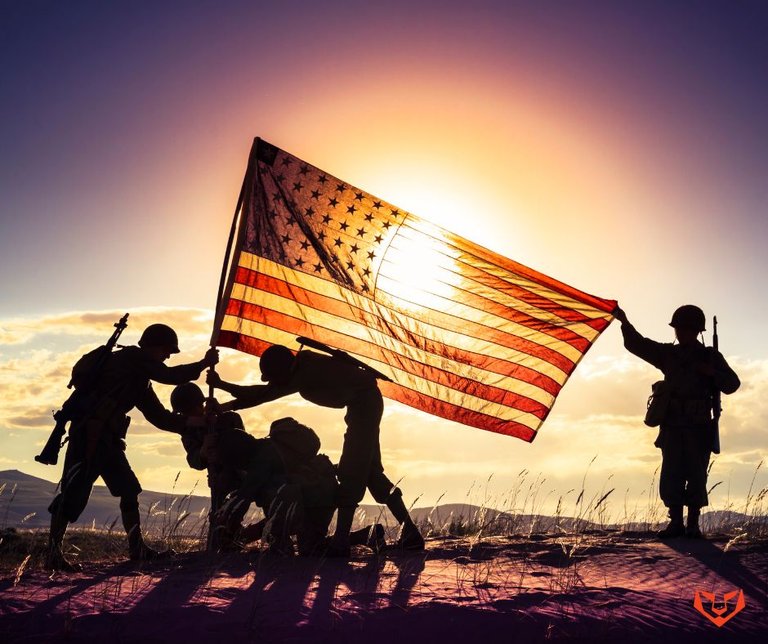
Word War II Spend and When Will it End?
For instance, managing WWII-impacted persons would have been cheaper for governments back then because there weren't all these additional service fees. Moreover, Australia has faced a growing housing crisi issue since 2008. No one anticipated a global pandemic, but COVID definitely struck at a time when many issues were already plaguing the world.
Governments around the world are in meltdown mode, adopting a "wait it out" strategy. While this is a valid method and might eventually work, it will cause significant hardship for people. So, what is the answer? Write to your members of parliament to address the issue. That's what they're there for. Maybe then they will stop focusing on trivial matters and get on with the job.
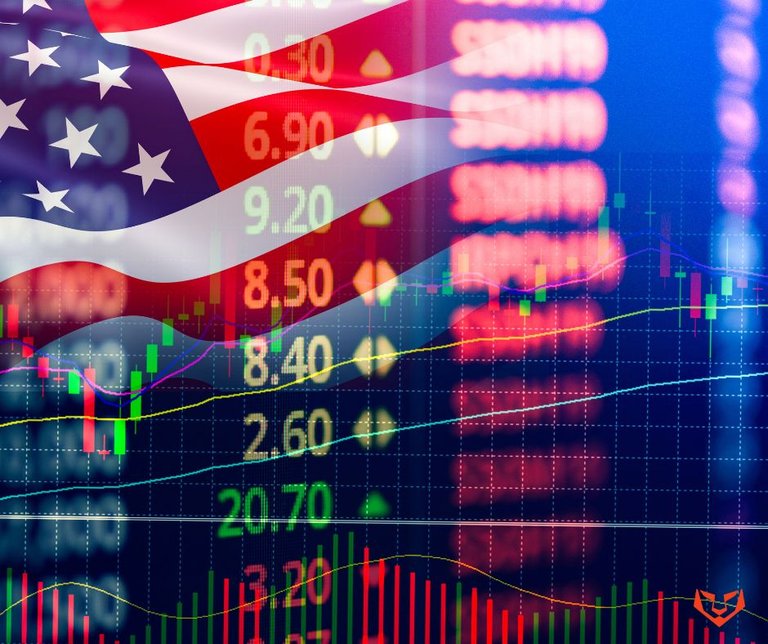
NASDAQ Predictions Come True
The article correctly predicted an increase in the value of precious metals like gold. This was evident as early as March 2021 when COVID costs totalled USD 5.2 trillion. This was a monumental figure, surpassing the USD 4.7 trillion cost of World War II (in today's dollars).
All-in money printing during the COVID crisis totalled USD 13 trillion: USD 5.2 trillion for COVID relief, USD 4.5 trillion for quantitative easing and USD 3 trillion for infrastructure in the US. This massive influx of money has naturally led to inflation. Inflation in turn causes increases in interest rates, which lowers bond prices. Furthermore, rising interest rates reduce stock values.
All-in spending was approaching USD 13 trillion as of mid-2021, more than the US spent in its 13 most expensive wars combined. The idea was that if quantitative easing (QE) worked before more paper money should work again. But is there a limit?
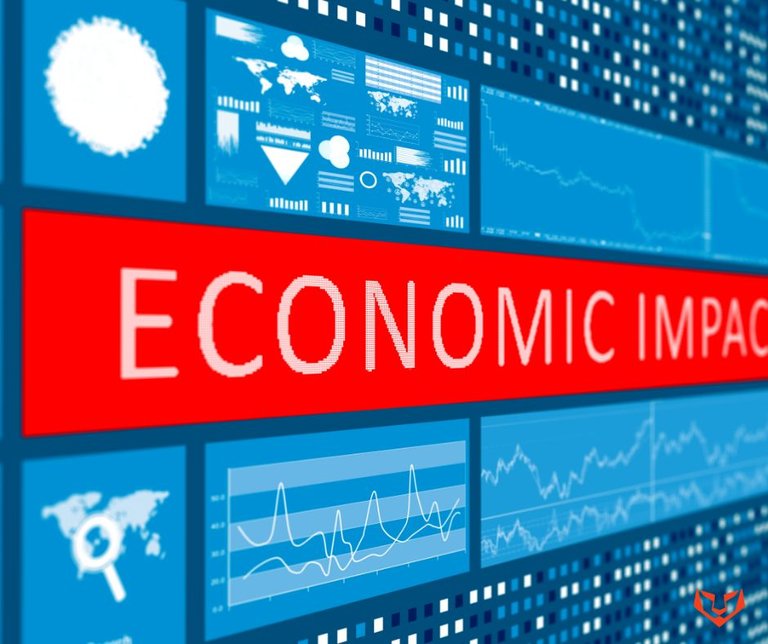
COVID Costs and Economic Impact
President Biden’s USD 1.9 trillion American Rescue Plan was the third dose of economic COVID relief, bringing the total to USD 5.2 trillion, which is about 25% of GDP. This is a massive amount, equivalent to the total cost of all wars since 2001 and even greater than the cost of World War II.
Many believe that this relief is simply spending our previous tax payments, but in reality, the government is creating new money spending future tax payments and distributing it widely. Approximately USD 1 trillion out of the USD 5.2 trillion has been paid directly to taxpayers in the form of personal relief checks. The remaining USD 4.2 trillion has been used for vaccines, unemployment benefits and other purposes.
This spending has led to legitimate concerns about its impact on the US dollar, particularly inflation. For example, the yield on 10-year government bonds increased from 0.5% to 1.7%. Rising interest rates mean lower bond prices and can lead to lower stock prices.
The US has jumped in with both feet in providing COVID relief, spending more than any other country, including Japan. COVID relief increased the money supply by 27% rapidly, leading to demand-pull inflation where too many dollars are chasing too few goods. Quantitative easing of more than USD 4 trillion increased the money supply by 14% per year over the past decade. The additional USD 5 trillion in COVID relief further increased the money supply by 27%.
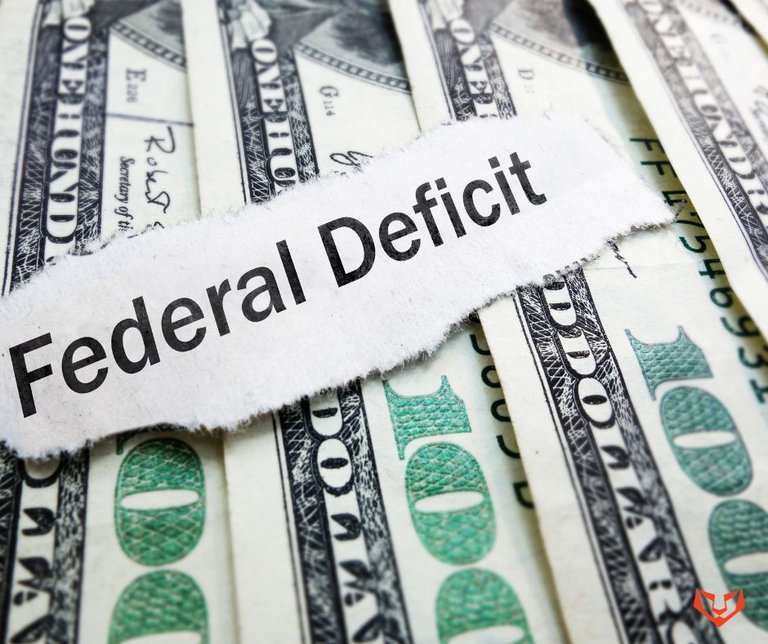
Federal Deficit and Increasing Interest Rates
Before COVID, the federal government annual spending deficit was USD 0.9 trillion. COVID and planned infrastructure spending created a ninefold increase in the deficit. If a corporation borrowed nine times the amount it originally borrowed, the interest rate would increase. The Federal Reserve attempts to keep this increase from happening, but the laws of economics will eventually prevail.
Inflation will trigger the bursting of stock and bond market bubbles. Investors need to consider inflation-protected investments. Safe investments in these conditions include precious metals like gold, cryptocurrencies like bitcoin, TIPS (Treasury Inflation-Protected Securities), inflation-hedged stocks, commodities, some real estate, and some foreign stocks.
Monetizing USD 5.2 trillion in COVID relief increases our money supply by 27% and comes on top of USD 4.5 trillion in QE. Add another USD 2 trillion in planned infrastructure spending and we have USD 13 trillion in new money, which is a 35% increase in paper money in circulation and 60% of GDP.
Inflation is becoming a significant concern, leading to the erosion of confidence in fiat money. The advice in the Talmud is worthy of consideration: let every man divide his money into three parts and invest a third in land, a third in business and a third let him keep by him in reserve. With the current inflationary threats, Talmud-based allocations might look like real estate, business investments and liquid reserves.
image sources provided supplemented by Canva Pro Subscrition. This is not financial advice and readers are advised to undertake their own research or seek professional financial services.
Posted Using InLeo Alpha
It's getting harder to save and prep now, I cut out most things except my gym membership and internet. I'm glad I could get gold and silver years ago when I was way better off.
!PIZZA
$PIZZA slices delivered:
@tin.aung.soe(2/10) tipped @melbourneswest
To be honest dear nowadays it's tough out there. Infact I've trimmed down my expenses too, just sticking to essentials like my food and internet. I think it was a really smart move on getting gold and silver early on. That will be more and more important very soon. Happy Sunday Dear
This post has been manually curated by @bhattg from Indiaunited community. Join us on our Discord Server.
Do you know that you can earn a passive income by delegating your Leo power to @india-leo account? We share 100 % of the curation rewards with the delegators.
100% of the rewards from this comment goes to the curator for their manual curation efforts. Please encourage the curator @bhattg by upvoting this comment and support the community by voting the posts made by @indiaunited.
Thank you!
Some people can’t even pay their bills anymore. The world economy isn’t smiling at all
My opinion of this situation is that it can only get worse. The only viable solution may be to put all the intelligent minds in the world, in economics, to work to think out a way to solve the problem. Otherwise we might experience something worse than the great depression.
Thanks for sharing your thoughts and happy Sunday.